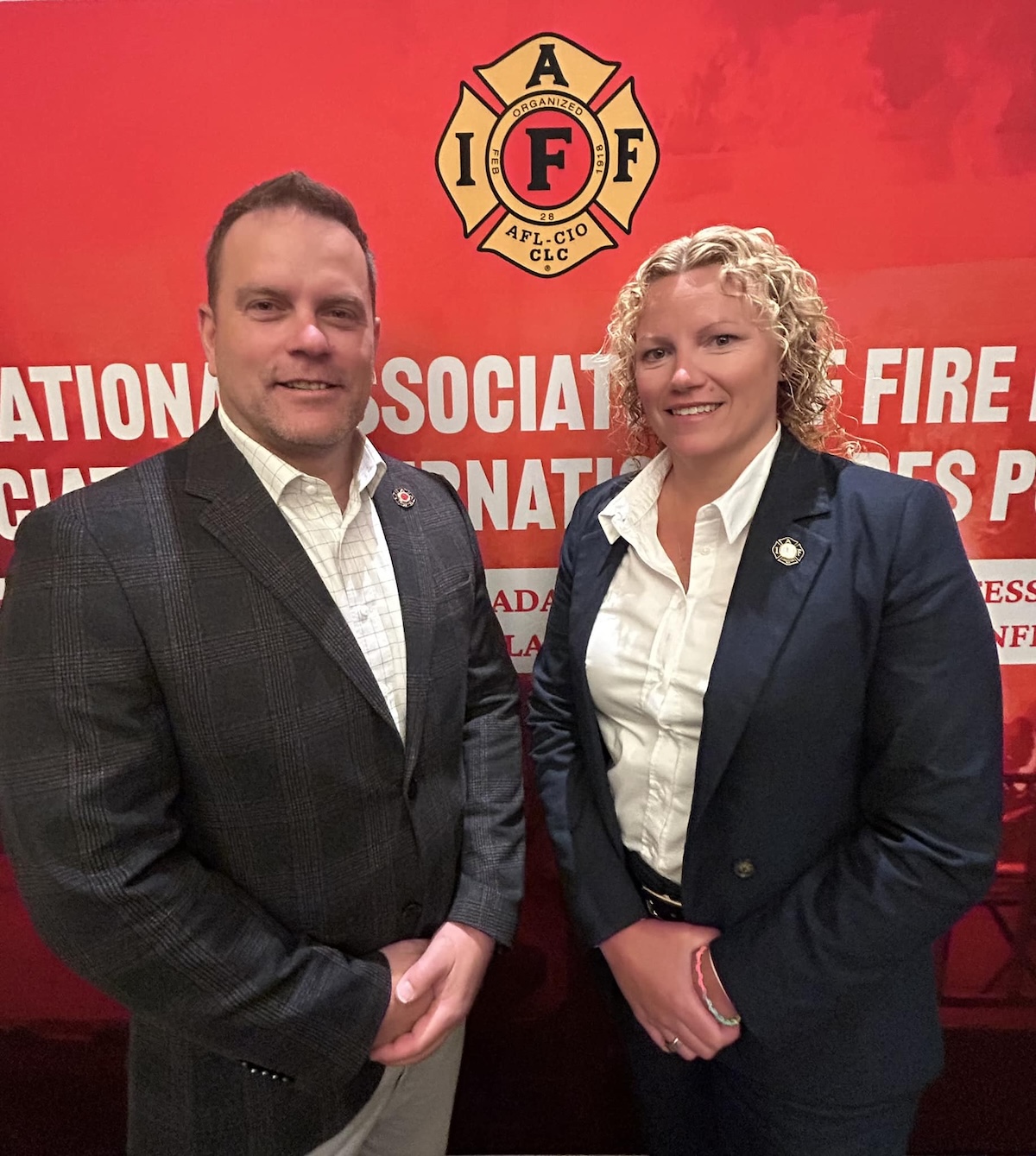Work schedules for federal fire fighters at MidAtlantic naval installations are posing a risk to the safety of the military men and women and the public. Despite efforts of fire fighters and the IAFF to curb the schedule and the extra hours fire fighters must work to make it viable, the practice continues in most navy fire departments in the region.
More than a dozen federal affiliates have asked the U.S. Navy MidAtlantic Region Command to move fire fighters off a grueling 24 hours on/24 hours off schedule that forces fire fighters to work additional hours, causing unnecessary fatigue, as well as convincing many to take jobs elsewhere.
The problem is particularly acute for Tidewater Federal Fire Fighters Local F-25 serving the Hampton Roads Naval installation, where a fire fighter shortage has worsened over the last five years, despite ongoing efforts by the IAFF and Local F-25 to work with the Navy to find a solution.
“Fire Fighters are leaving Tidewater and other federal fire departments for better opportunities. One of the most pressing reasons is this exhausting schedule. Unfortunately, fire fighters who leave to work elsewhere is making this problem worse,” says 16th District Vice President James Johnson.
Part of the problem is the Navy hiring process, which can take months. Officials overseeing the onboarding process for MidAtlantic Naval installations last year attempted to expedite hiring by allowing Naval commands to direct hiring authority, an action that has not reduced the number of vacancies.
In 2014, Hampton Roads had approximately 26 vacant positions; this year there are currently 50 vacancies. The remaining fire fighters are being asked to fill these positions with excessive overtime shifts.
President of Tidewater Local F-25 Tim Welsh says the problem can be resolved by moving fire fighters off the 24/24 schedule to one more common at other U.S. military installations; however, federal administrators refuse to budge on this matter – a final sticking point in ongoing contract negotiations with Local F-25.
“Tidewater fire fighters are doing their best for the safety of the military men and women we protect. But with the current schedule and excessive overtime, it is difficult. Fire fighters need enough time to rest so they can stay sharp – these near-constant shifts are going to get someone hurt,” says Welsh.


